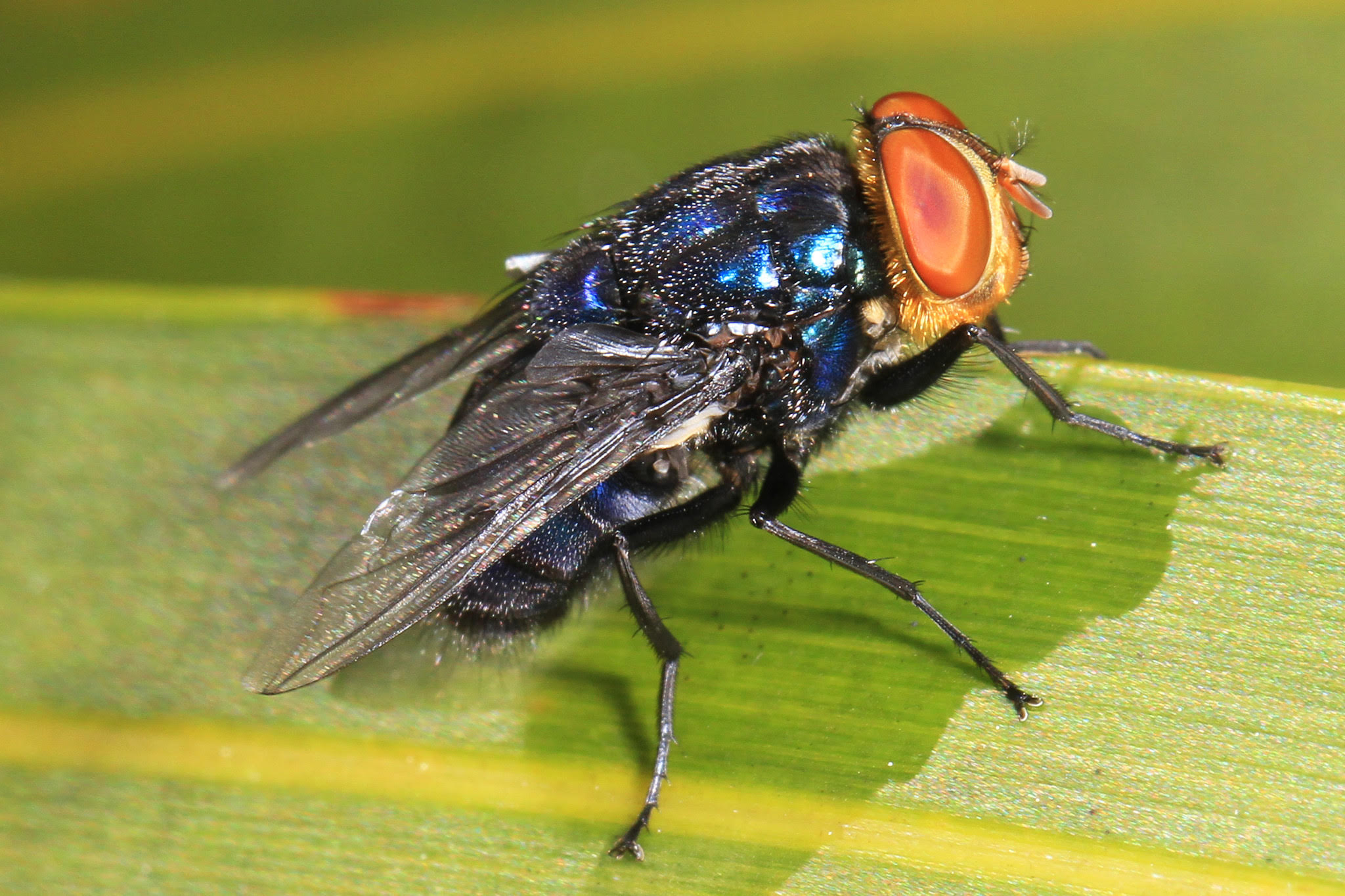
Yesterday, Mexico confirmed a case of New World screwworm (NWS) in Sabinas Hidalgo, in a cow in Nuevo Leon state, less than 70 miles from the US-Mexico border.
The flesh-eating parasitic infection, carried by the Cochliomyia hominivorax fly, a type of blowfly, is causing a large outbreak in Central America. NWS can infect any warm-blooded animal, but human cases are rare. So far this year, US officials haven't confirmed any cases in animals.
"This is now the northernmost detection of NWS during this outbreak, and the one most threatening to the American cattle and livestock industry," the US Department of Agriculture (USDA) said in a news release. "Sabinas Hidalgo is located near the major highway from Monterrey, Nuevo Leon, to Laredo, Texas, which is one of the most heavily trafficked commercial thoroughfares in the world."
Closest previous detection 370 miles south
Preliminary reports from Mexico's National Service of Agro-Alimentary Health, Safety, and Quality (SENASICA) indicate that the latest infected animal, an 8-month-old cow, had recently been moved to a certified feedlot in Nuevo Leon from a southern Mexico area with active NWS cases. The previous northernmost identification was reported on July 9 in Veracruz, roughly 370 miles south of Sabinas Hidalgo.
We are firmly executing our five-pronged plan and will take decisive action to protect our borders, even in the absence of cooperation.
US ports remain closed to imports of cattle, bison, and horses from Mexico.
"We are firmly executing our five-pronged plan and will take decisive action to protect our borders, even in the absence of cooperation," the USDA said. "Furthermore, we will pursue aggressive measures against anyone who harms American livestock."
The United States and Mexico have been monitoring nearly 8,000 traps in Texas, Arizona, and New Mexico since July. More than 13,000 screening samples have been submitted, without detection of NWS flies.
Among other efforts, the USDA said it has dedicated $100 million to enhance sterile-fly production and develop tools such as advanced traps, lures, and therapeutics. The US Animal and Plant Health Inspection Service (APHIS) has updated its national disease-response registry and is training federal, state, tribal, and veterinary partners, according to the release.
.jpg)











